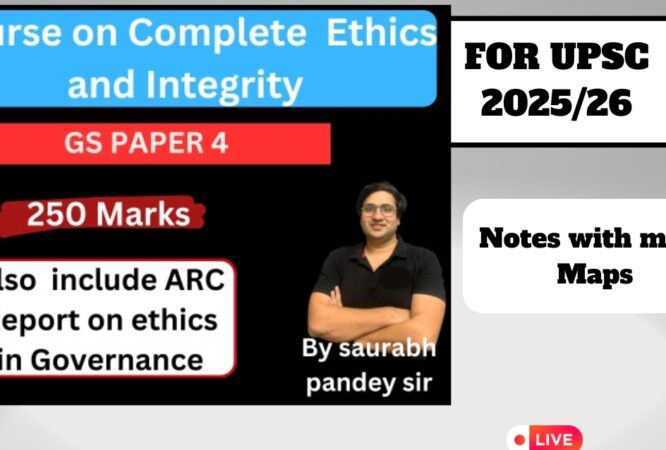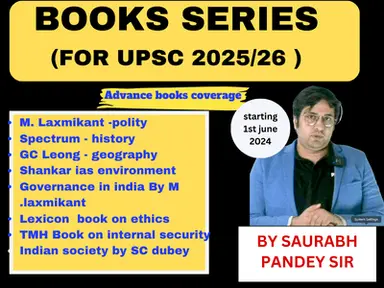Current Affairs 21th February 2025
Current affairs 21th February 2025 by Saurabh Pandey Sir
Supreme Court Stays Lokpal Order
Background of the Case The Supreme Court has recently intervened in a significant legal matter by staying a Lokpal order seeking to bring High Court judges under its jurisdiction. Described as “very disturbing” by the Special Bench Comprising Justices B.R. Gavai, Surya Kant, and A.S. Oka, this decision underscores crucial implications for judicial independence.
● The Lokpal, a top anti-corruption watchdog, made this order on January 27, which the Supreme Court found to be an alarming interpretation of its powers.
● The justices argued that this move could potentially undermine the autonomy of the judiciary, which is a cornerstone of democratic governance. Key Arguments Presented During the brief hearing, senior advocates Kapil Sibal and B.H. Marlapalle assisted the Bench. The Solicitor-General, Tushar Mehta, represented the Union government and emphasized that High Court judges should not fall within the Lokpal’s ambit. Judicial Autonomy:
The justices highlighted that High Court judges are pivotal in upholding the rule of law, and any attempt to bring them under Lokpal scrutiny could jeopardize their impartiality. Confidentiality Mandate: The Supreme Court issued a mandate preventing the complainant from disclosing the name of the implicated High Court judge, ensuring the integrity of judicial proceedings. Implications for Judicial Independence The Lokpal’s assertion that High Court judges are ‘public servants’ raises critical questions about judicial autonomy. Historically, establishing High Courts predates the Constitution, complicating this jurisdictional debate. Judicial Autonomy:
The Supreme Court was established by the Constitution, whereas High Courts were created by British Parliamentary Acts. Public Servants Definition: The interpretation of ‘public servants’ under the Prevention of Corruption Act has farreaching consequences. Judicial Precedent:
This decision may set a precedent for how other public servants are treated under anti-corruption laws. The Lokpal’s Stance The Lokpal, under Justice A.M. Khanwilkar, argued that High Court judges are classified as ‘public servants’ and thus subject to the Lokpal and Lokayuktas Act of 2013. Ambit of the Law: The Lokpal interpreted Section 14(1) of the Act to mean that individuals like High Court judges could be investigated if they influence decisions favorably for private entities. Historical Context: The Lokpal noted that High Courts were established by British Parliamentary Acts predating the Constitution, asserting that they fall under its jurisdiction. What is the role of the Lokpal in India? The Lokpal is an ombudsman established to address corruption among public officials. Why did the Supreme Court stay the Lokpal’s order on High Court judges? The Supreme Court deemed the Lokpal’s jurisdiction over judges “very disturbing,” impacting judicial independence. What are the implications of the Supreme Court’s ruling for judicial independence? The ruling reinforces the separation of powers and protects the judiciary from external influence. How does the term “public servants” relate to High Court judges? The Lokpal classified judges as public servants, raising concerns about their accountability under anti-corruption laws.






